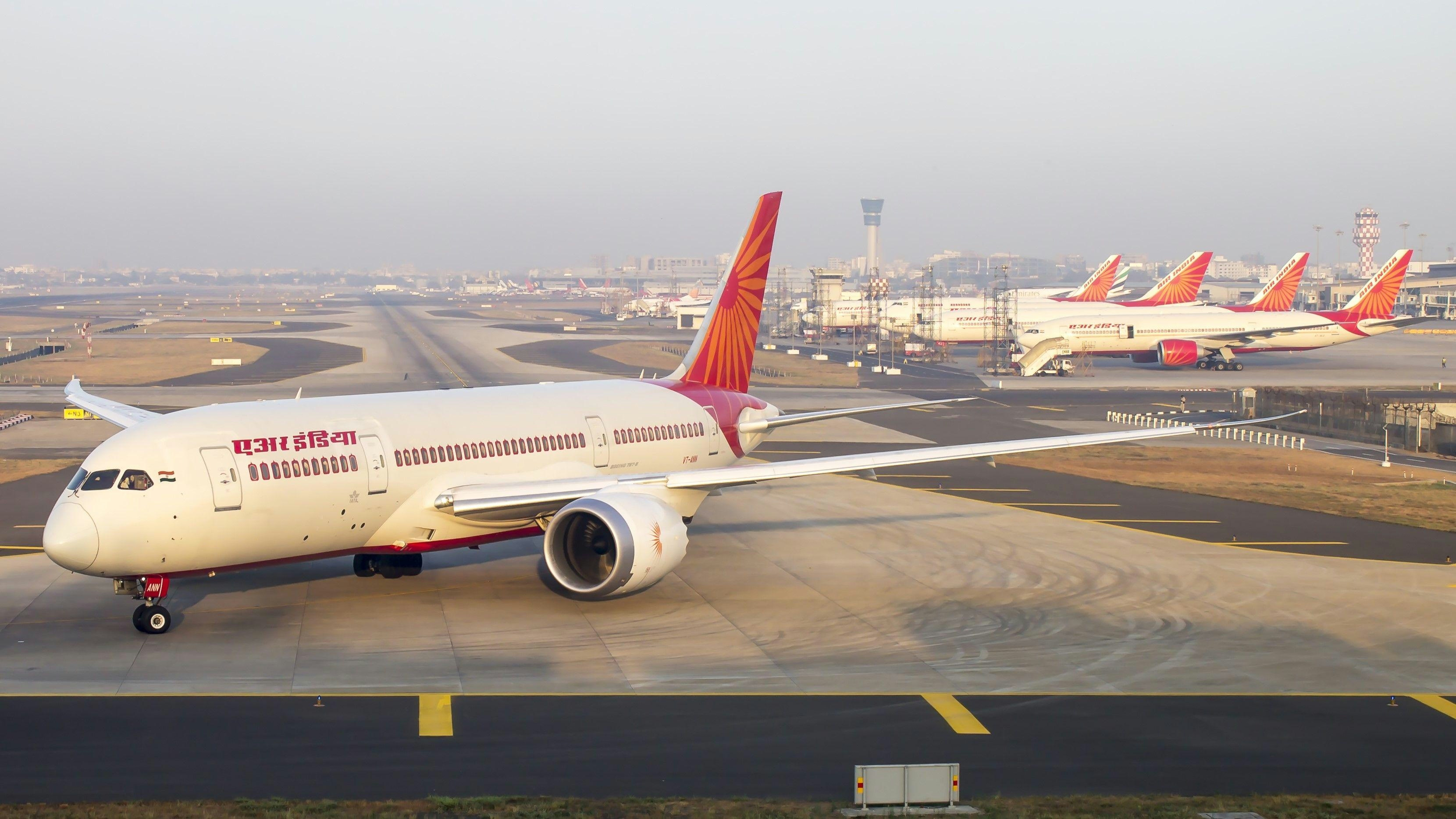
Smarter email, faster business.
Trending
Aircraft Accident Bureau Submits Preliminary Report on Air India Ahmedabad Crash
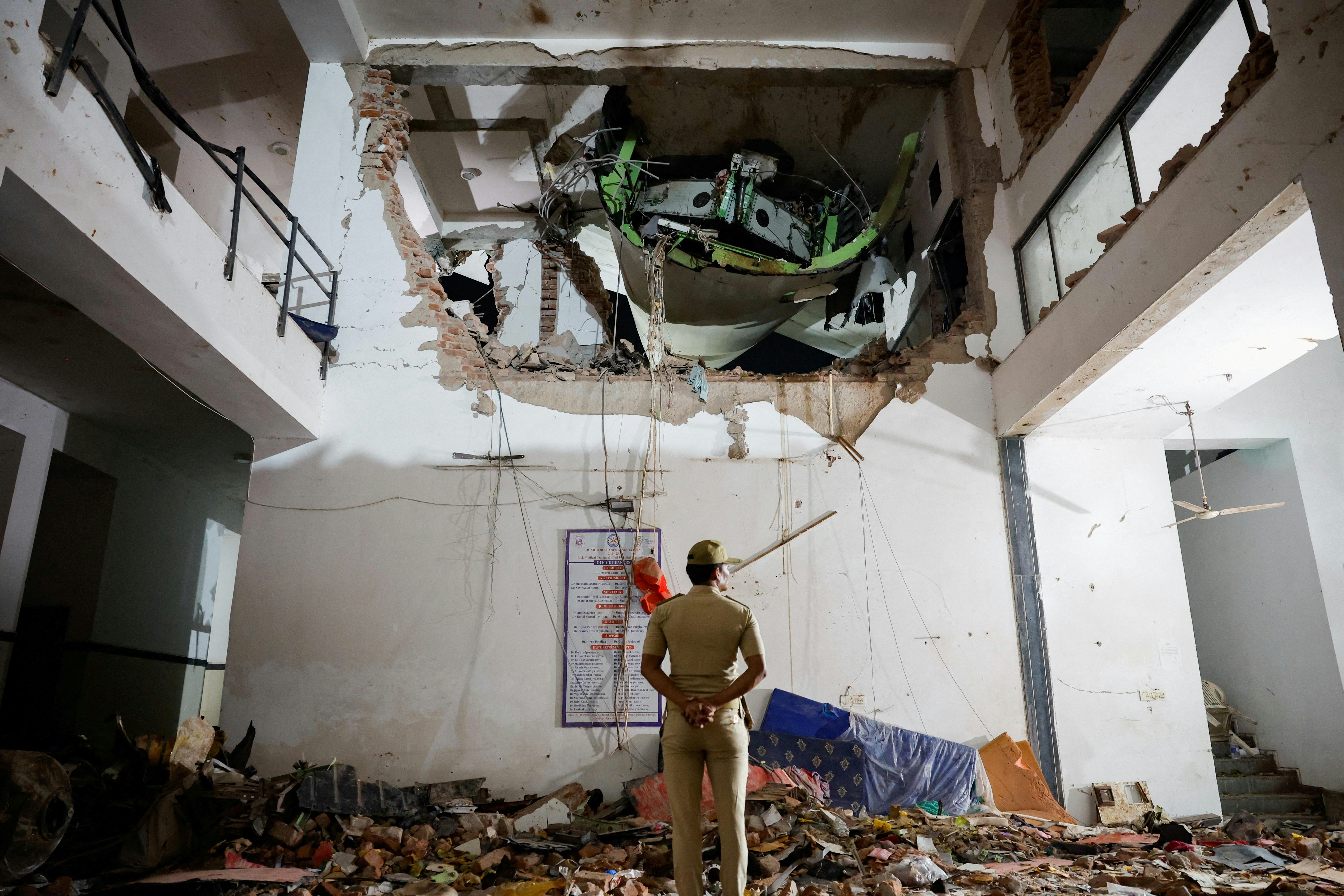
Aircraft Accident Bureau Submits Preliminary Report on Air India Ahmedabad Crash
The Aircraft Accident Investigation Bureau (AAIB) has formally submitted its preliminary report on the Air India flight AI 171 crash to the Ministry of Civil Aviation and other pertinent authorities. This submission marks the initial official step toward understanding the factors that led to the tragic incident. The report consolidates early assessments and key observations from the investigation’s initial phase, focusing on flight data, crew actions, prevailing weather conditions, and the aircraft’s mechanical performance.
Early Findings and Investigation Focus
Although the detailed contents of the report remain confidential, sources close to the investigation suggest that the AAIB’s initial findings are crucial in guiding the ongoing inquiry. The bureau is expected to continue its comprehensive analysis to establish the precise cause of the crash and to propose further safety measures as additional information emerges.
The accident occurred on June 12, 2025, when Air India flight AI 171, a Boeing 787 bound for London, crashed shortly after departing from Ahmedabad airport. Preliminary indications point to a possible dual-engine failure that severely compromised the aircraft’s ability to maintain flight. While this scenario has not been officially confirmed by the AAIB, it remains a central focus of the investigation. Notably, several pilot-led simulations replicating the flight’s conditions—including scenarios with landing gear deployed and wing flaps retracted—have thus far failed to reproduce the crash, suggesting the potential involvement of a technical malfunction.
Investigators have confirmed that the pilots, who tragically lost their lives in the accident, issued a Mayday distress call shortly after takeoff. The recovery of the flight data recorder is playing a vital role in the inquiry, with technical support from the U.S. National Transportation Safety Board (NTSB) as part of the international collaborative effort to reconstruct the sequence of events.
Implications for Air India and the Aviation Sector
The incident presents significant challenges for Air India, particularly as the airline advances its ambitious Vihaan.AI transformation program aimed at revitalizing its operations. The crash threatens to disrupt the airline’s operational momentum and could adversely affect its reputation at a critical stage in its reinvention. More broadly, the tragedy poses a substantial test for India’s aviation sector, with potential ramifications for the country’s aspirations to establish itself as a global aviation hub.
The crash has also intensified traveler concerns regarding airline safety and the reliability of Boeing aircraft, influencing public perception and potentially impacting Air India’s market position and future operational strategies.
As the AAIB continues its investigation, the aviation community and the public await further updates and recommendations that may shape the future of air safety in India.
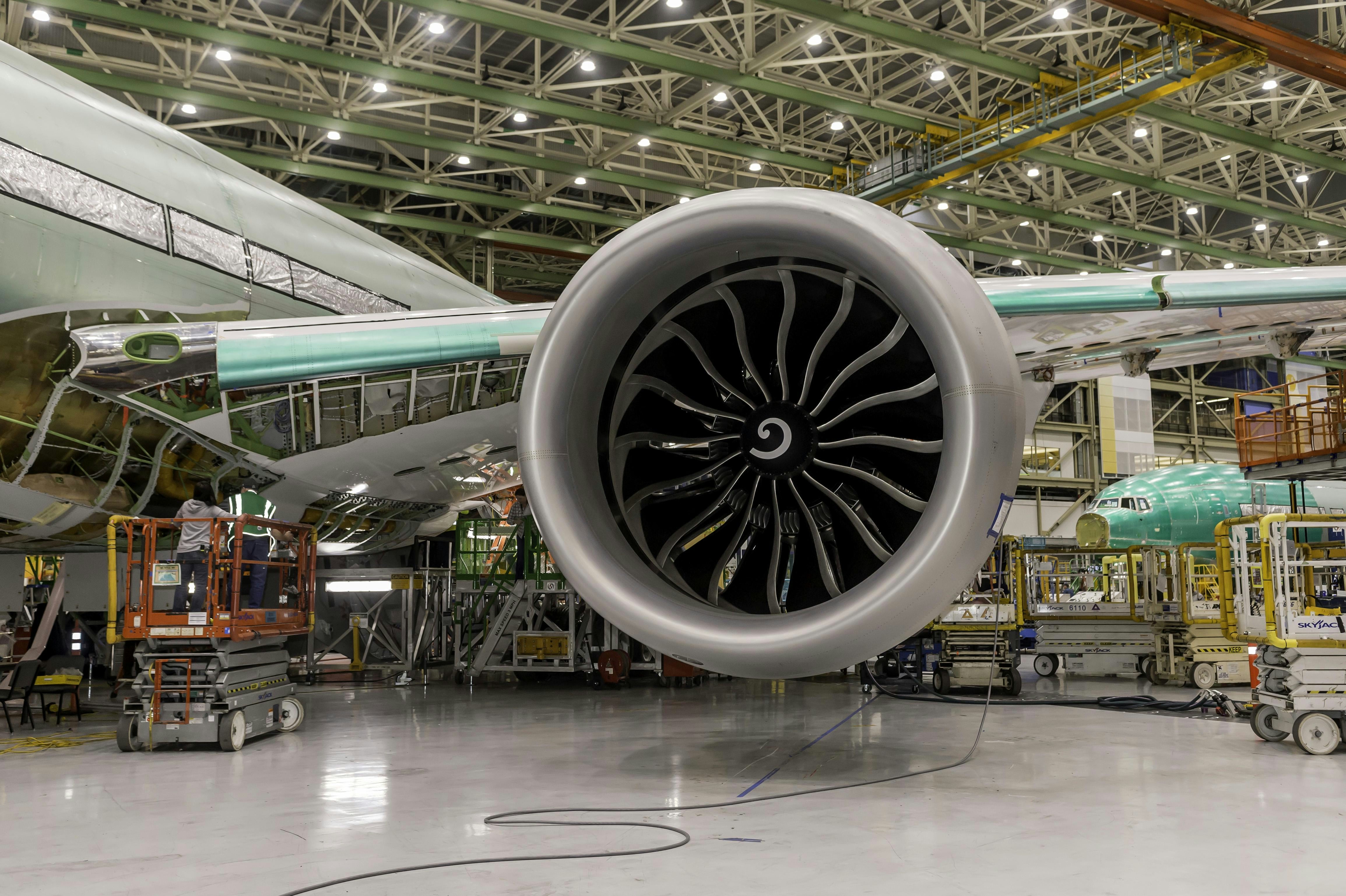
IATA Says Airlines Hesitant to Accept Aircraft Deliveries Amid Tariff Uncertainty

Flying Taxi CEO Regains Billionaire Status After Stock Surges 160%

Delta to Use AI for Ticket Pricing
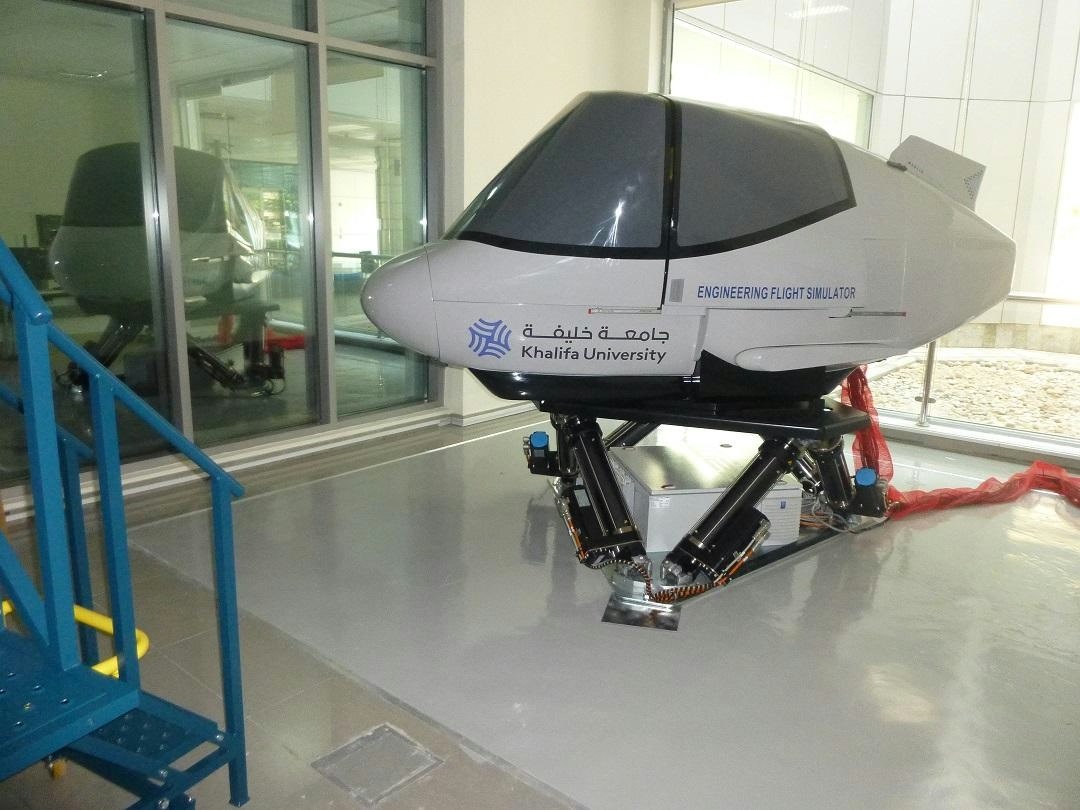
Khalifa University Students Drive Aerospace Innovation with Merlin MP521 Flight Simulator

Woodward Stock Gains on AI Data Center and Aerospace Prospects

Joby Aviation to Double Production at Air Taxi Manufacturing Facility

Military Aircraft Maintenance Market Projected to Reach $145 Billion by 2034

King’s Advances Jet Zero Initiative with Hydrogen Engine Project
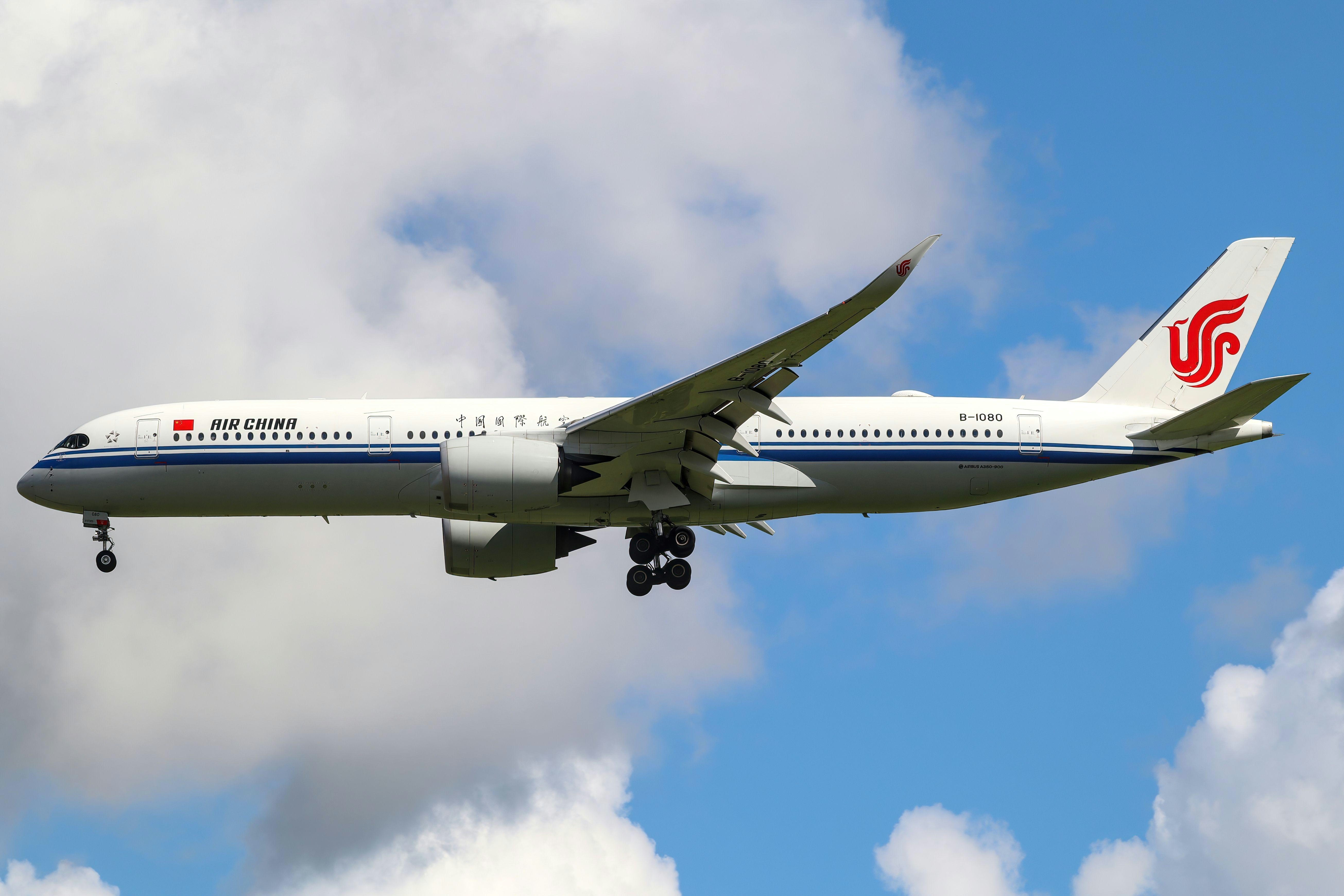
Air China A350 and Freighter Nearly Collide Over Russia
